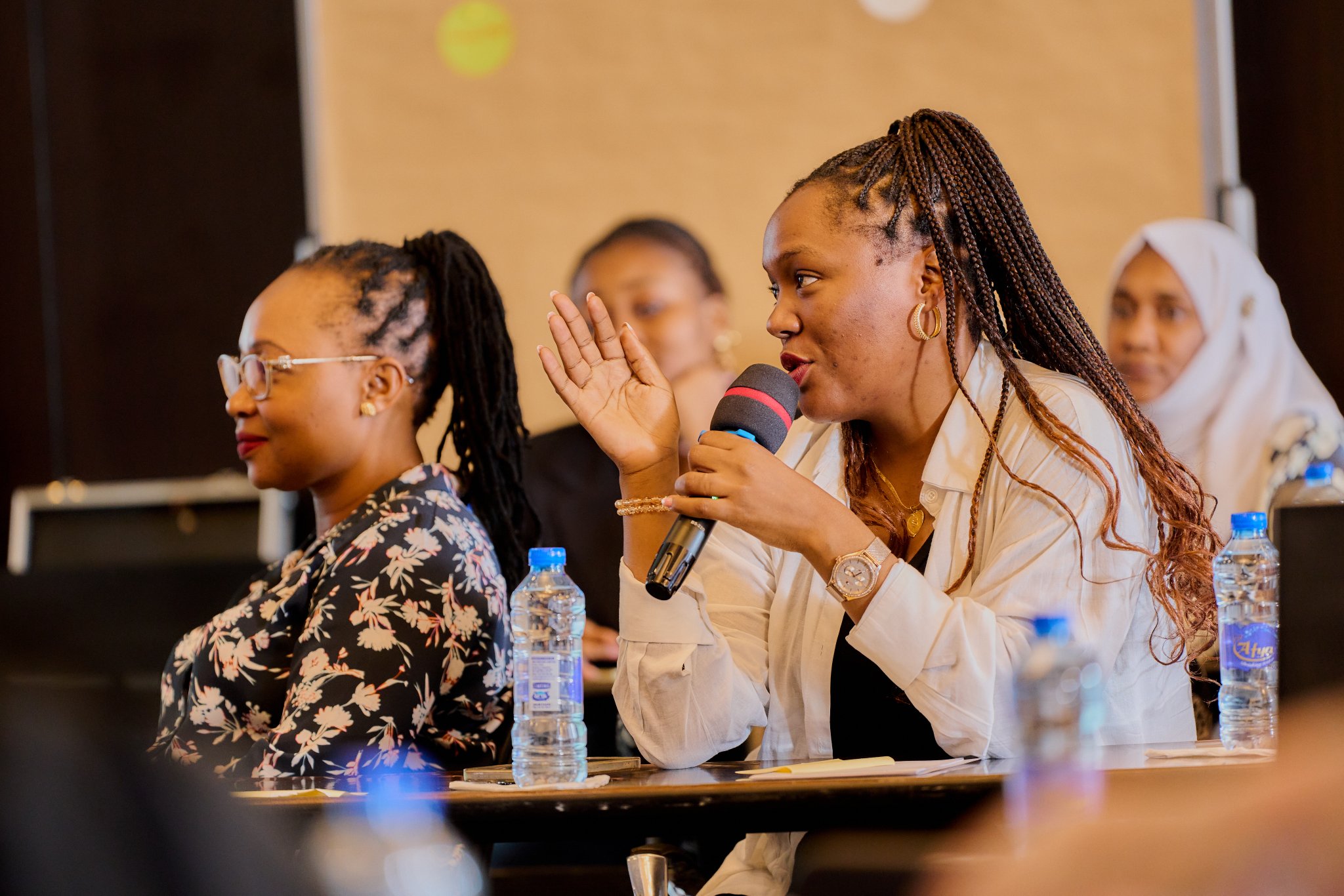Tanzanian women lawmakers chart new digital course
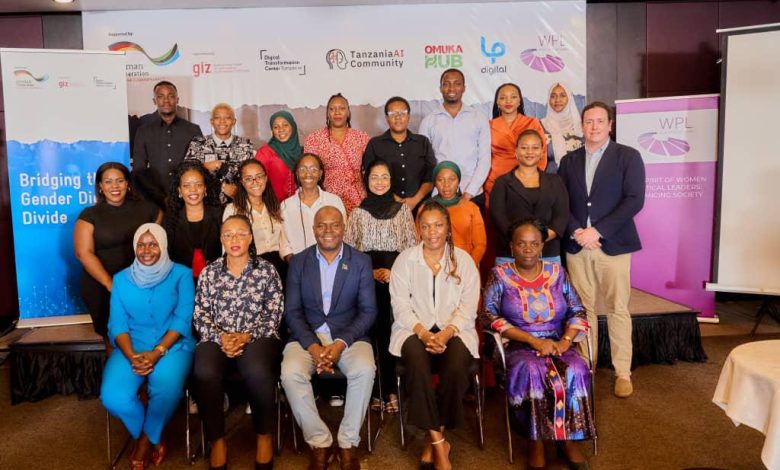
DAR ES SALAAM: IN a historic stride blending technology, gender equality, and legislative foresight, Tanzania has emerged as the first African country to host a capacity-building workshop on Artificial Intelligence (AI) tailored specifically for women Members of Parliament (MPs), under the Female AI Leaders Initiative.
The two-day workshop, held in Dar es Salaam earlier this week, was part of the FemAILeaders Project an initiative jointly implemented by the Women Political Leaders (WPL) Organisation, GIZ Tanzania, and Omuka Hub.
The groundbreaking initiative aims to promote gender inclusion in the AI ecosystem by empowering female legislators to become active participants and leaders in the digital revolution.
Speaking during the opening session, Special Seats MP Salome Makamba (Chadema) underscored the importance of equipping lawmakers with knowledge and understanding of emerging technologies, particularly AI.
“As lawmakers, we are instrumental in shaping the legal landscape of emerging technologies. While AI holds immense promise, its application remains a challenge for many female politicians in Tanzania and across the continent,” Ms Makamba stated.
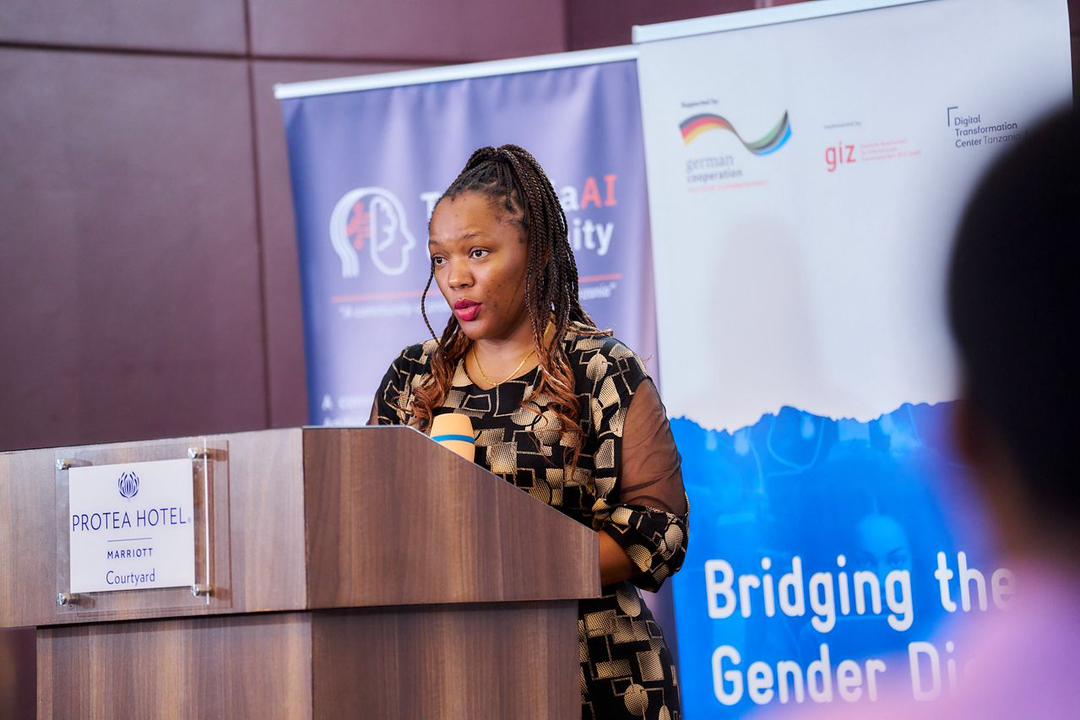
She further noted that Tanzania’s leadership in hosting the workshop under the Female AI Leaders Initiative reflects the country’s strong commitment to digital inclusion and responsible innovation.
“Tanzania is proud to be the first country in Africa to organise a workshop on Artificial Intelligence for Women Members of Parliament. This comes at a time when the 2025 General Election is fast approaching, making it critical for leaders to understand and responsibly leverage AI,” she said.
Ms Makamba also pointed to a strong parliamentary debate held on May 10 this year as a turning point, signalling the country’s readiness to move beyond awareness and into policy action.
“We are currently drafting legislation to regulate AI, not to restrict it, but to contextualise its use within the Tanzanian environment,” she stressed.
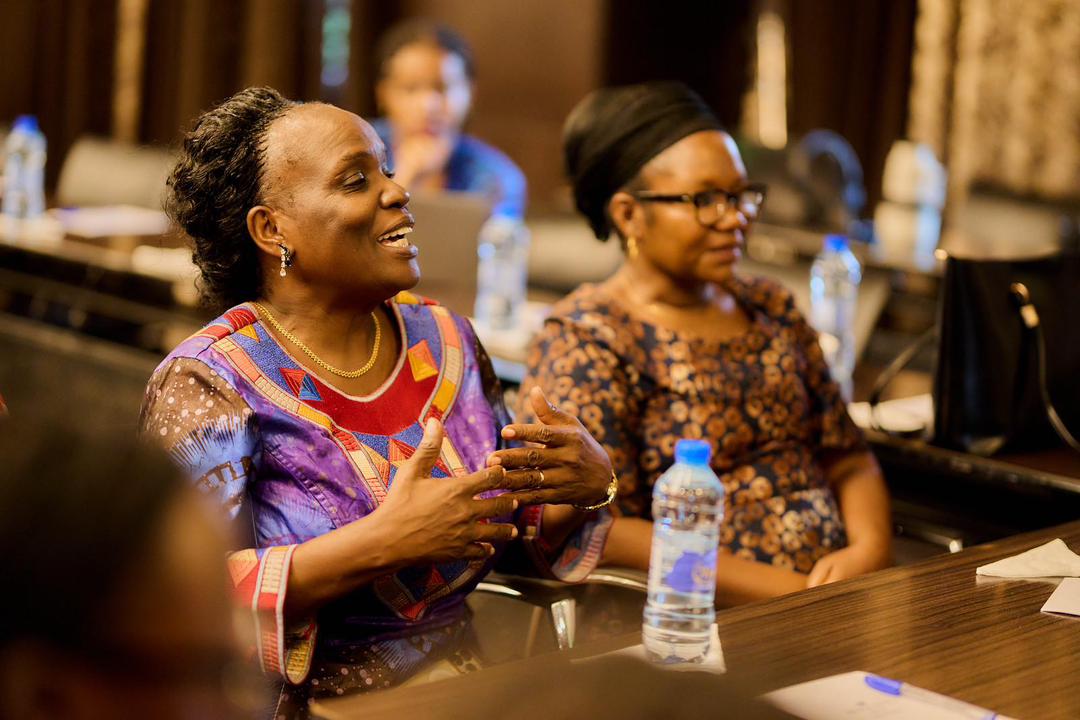
The MP also raised concerns over language bias in AI tools such as ChatGPT, noting that outcomes vary significantly depending on whether one uses English or Kiswahili.
“To ensure inclusivity, we must advocate for more linguistic diversity in AI systems,” she urged.
Ms Makamba expressed gratitude to GIZ Tanzania and OMUKA Hub, led by fellow Special Seats MP Neema Lugangira (CCM), for their unwavering support in AI-related capacity building and policy development.
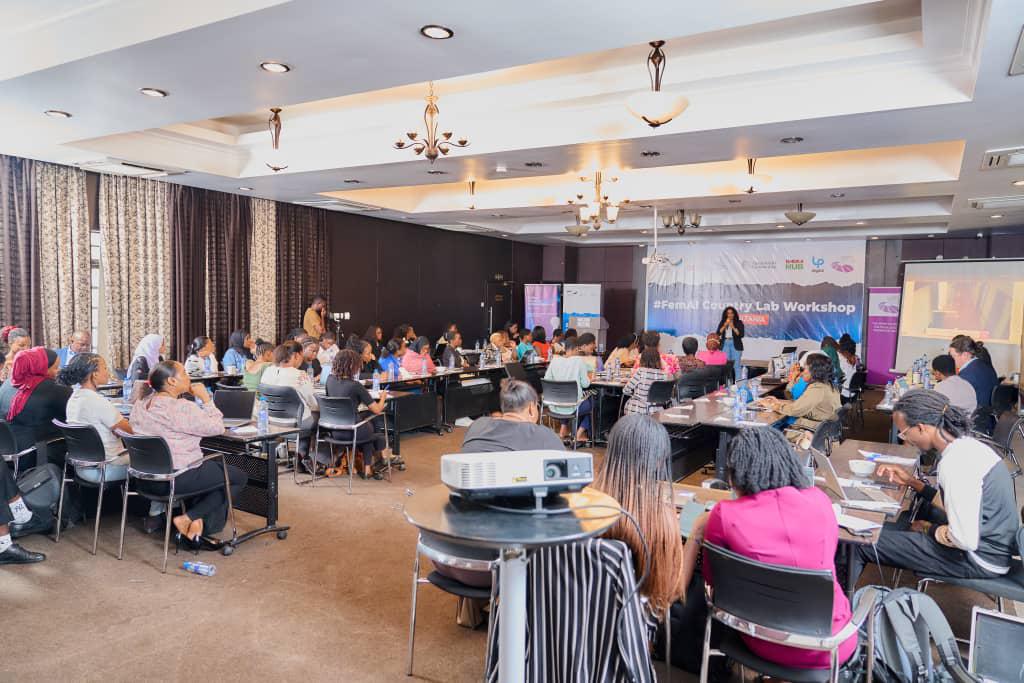
This workshop follows the inaugural session held in Dodoma on May 10, 2025, which concluded with strong resolutions, including a call for Tanzania to develop a national AI Policy and Act.
Representing the GIZ Tanzania Country Director, Katharina Kuenh, one participant noted that AI is no longer a concept of the future but a present-day reality that must be handled with care.
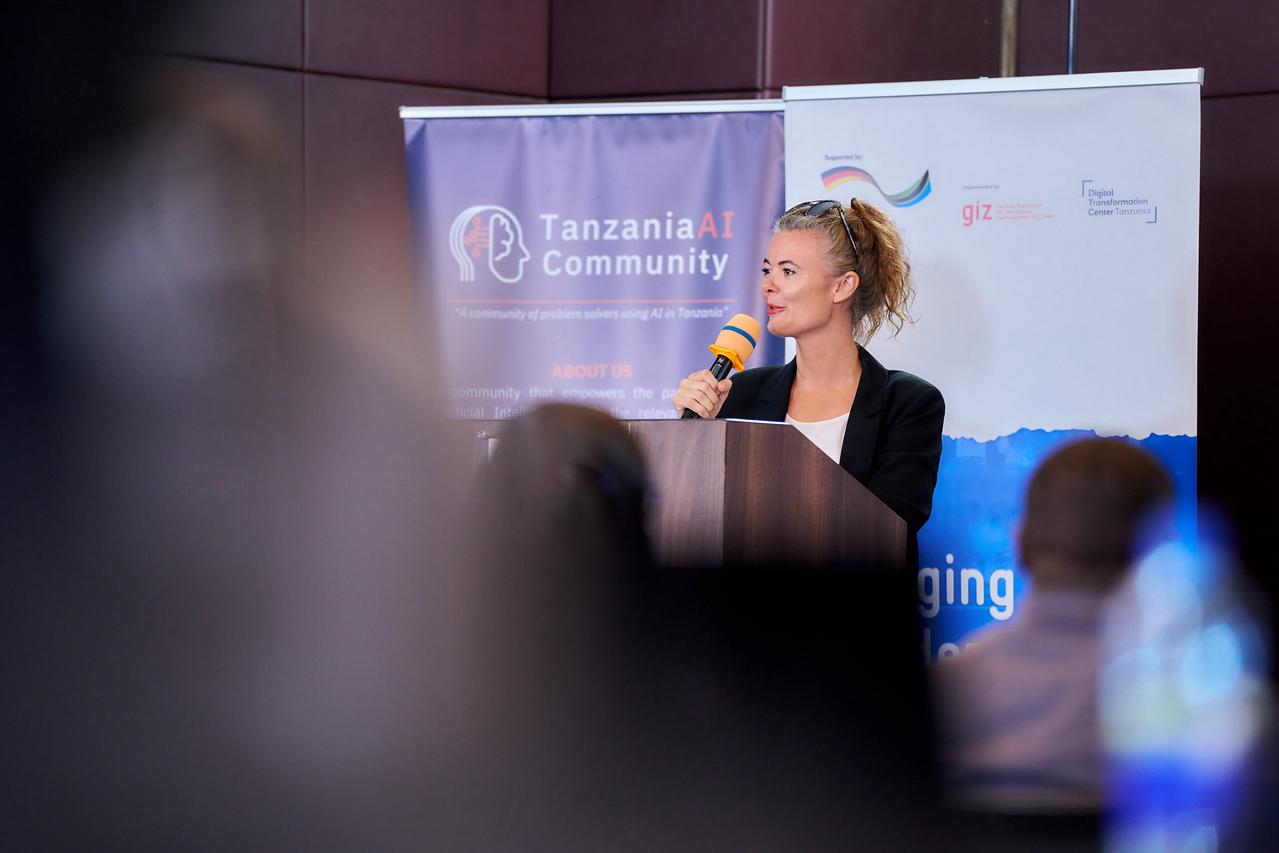
“As a lawyer, I use AI daily ,it’s a helpful tool but can also be overwhelming. We must focus on using AI responsibly and ethically,” she remarked.
On her part, Ms Esther Mengi, Co-founder and Lead Cybersecurity Specialist at Serensic Africa, delivered a compelling presentation on cybersecurity, calling it the foundation of digital trust.
“AI systems are vulnerable. If digital spaces are unsafe, users will withdraw. Behind every AI system and every cyberattack, there are people some builders, some breakers,” she noted.

She cautioned participants that their voice, image, and data could be weaponised if stolen or mimicked. “Cybersecurity is not someone else’s duty it begins with each of us,” she said.
Ms Rachel Magege, a Technology and Investment Law Specialist, warned against unchecked technological advancement, stating that the absence of regulation poses risks to privacy, fairness, and transparency.
“AI governance must be balanced. We need legal frameworks that protect users, promote innovation, and ensure accountability among developers,” she said.
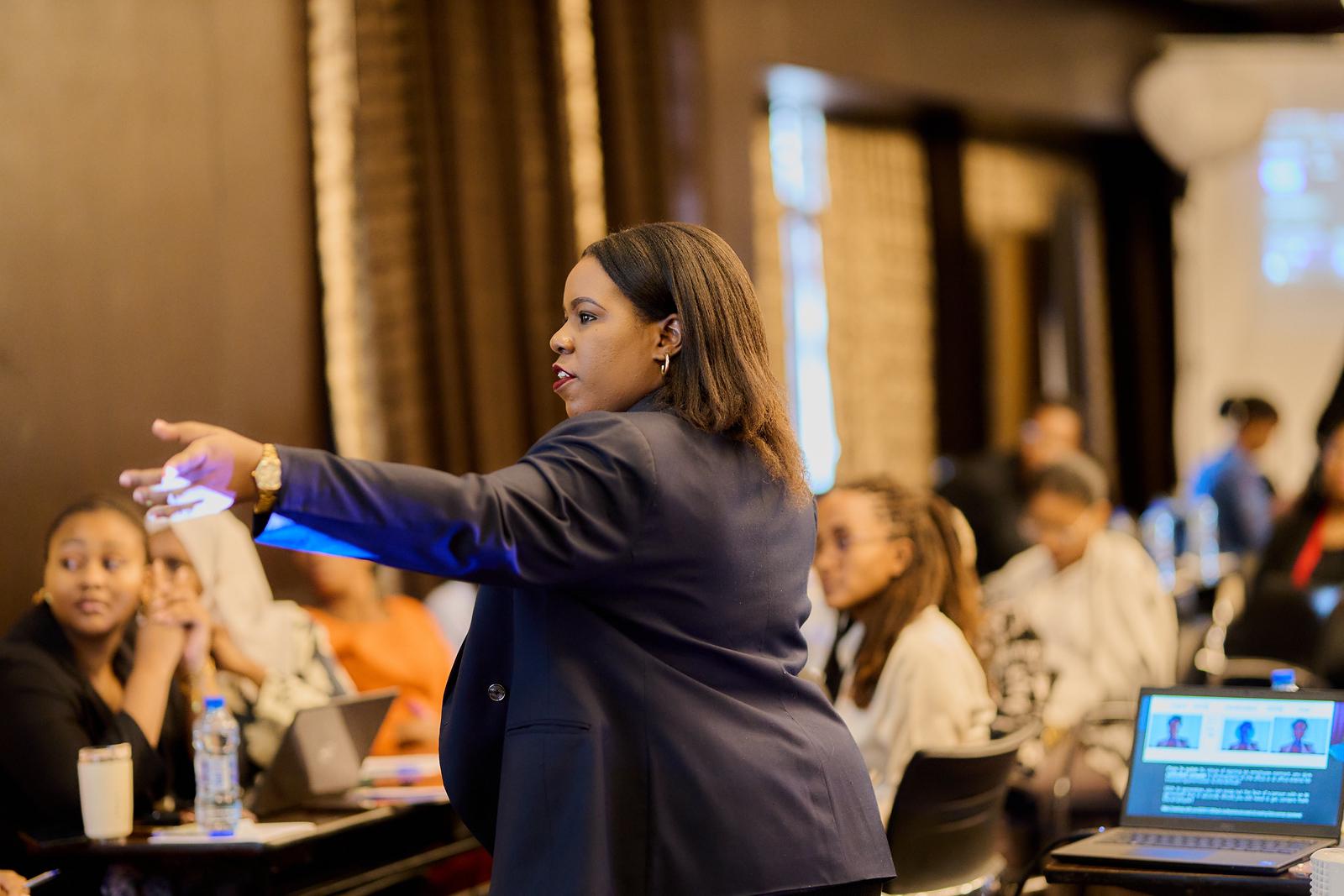
The workshop brought together Members of Parliament, tech innovators, and stakeholders from various sectors to explore AI innovation, cybersecurity, responsible usage, policy frameworks, and cross-sector collaboration.
The broader initiative seeks to build skills, strengthen networks, and ensure that women are not just passive recipients of technology—but are central players in shaping its future.
